- Building the Mekong Delta into a key area for the shrimp industry: Viewed from the shrimp "capital" of Bac Lieu
- Building the Mekong Delta into a key area for the shrimp industry: Viewed from the shrimp "capital" of Bac Lieu
- When the "shrimp capital" sets sail to the open sea - Part 1: Doubling the strength
Towards international standards
Over the years, the province has paid special attention to bringing shrimp to ASC, BAP, GlobalGAP certifications … – international “passports” that require strict standards on quality, food safety and social responsibility. This is a testament to the efforts of the functional sector, businesses and farmers in the goal of building a sustainable aquaculture industry.

Mr. Huynh Thanh Dam, Vice Chairman of the People's Committee of Phan Ngoc Hien Commune, said: "The commune has a total area of nearly 11,000 hectares of organic ecological aquaculture and combines shrimp farming with valuable aquatic products under the forest canopy. Up to now, the commune has 6,525.7 hectares certified for ecological shrimp. This model has stable productivity, high-quality commercial shrimp favored by domestic and foreign markets, helping people have stable income and improve their lives."
Along with the shrimp-forest and shrimp-rice models, currently, super-intensive shrimp farming households and enterprises in the province have also proactively applied practices according to the above international certification standards, in order to better meet the requirements of import markets.

Mr. Huynh Xuan Dien, Chairman of Tan Hung High-yield Shrimp Farming Cooperative (Tan Hung commune), excitedly said: "The Cooperative is very honored to accompany functional sectors and enterprises to support the construction and successful implementation of high-tech shrimp farming processes meeting ASC international standards. Up to now, thanks to mastering the techniques and being proactive in all farming stages, the success rate is quite high, the average yield is more than 60 tons/ha, earning a profit of 1-1.5 billion VND/ha/year. Since then, the number of Cooperative members has increased from 44 to more than 70 members, bringing the total shrimp farming area of the Cooperative to more than 300 hectares, of which more than 50 hectares are for STC white-leg shrimp farming".
The province currently has 2,659.3 hectares of shrimp - rice with international certification ASC, BAP in the two communes of Tri Phai and Bien Bach, and is expected to certify an additional 1,000 hectares by the end of this year; over 22,000 hectares of shrimp - forest in the three communes: Phan Ngoc Hien, Dat Mui and Tan An have achieved prestigious international certifications such as: ASC, BAP, Seafood Watch.
Brand Affirmation
Ca Mau shrimp stands out for its sustainability, safety, and environmental friendliness – factors that are prioritized by global consumers. The province is building the “Ca Mau Shrimp” brand with clean, green, and international standards.

Mr. Le Van Quang, General Director of Minh Phu Seafood Corporation, shared: "Currently, the three major shrimp import markets of Vietnam, the US, Japan and the EU, all require commercial shrimp to be certified with ASC, BAP, or clean shrimp, free of antibiotics, microorganisms or other prohibited substances and traceable in origin. To go faster and further, shrimp farmers or shrimp farming cooperatives and groups need to cooperate with businesses to receive support in production to meet standards, meeting the requirements of domestic and foreign markets."
Mr. Duong Vu Phong, Head of the Forest Shrimp Project Board, Minh Phu Certified Shrimp Social Company Limited, said: "The enterprise started operating in early 2017, after 4 years it has set a Vietnamese record in Ca Mau province for the largest internationally certified organic shrimp farming area in Vietnam, with more than 2,000 households participating, with an area of 9,722 hectares. In the past time, the unit has coordinated with local authorities and people to achieve 7 international certifications, with 15 certified projects, of which 5 are forest shrimp projects, the rest are shrimp - rice projects, STC shrimp. Up to now, the area has increased to over 17,963 hectares, with 4,679 households participating".

Currently, Ca Mau seafood, mainly shrimp, is present in more than 90 countries and territories, conquering even demanding markets such as the US, EU, Japan, Canada, Korea... In 2024, the export turnover of Ca Mau province (old) reached 1.26 billion USD, an increase of 5.31% over the same period; Bac Lieu province (old) 1.21 billion USD. Also in the past year, Bac Lieu province (old) had 6 companies certified by the Ministry of Agriculture and Rural Development (now the Ministry of Agriculture and Environment ), the Provincial People's Committee as high-tech agricultural enterprises; 23 enterprises, cooperatives and 316 households were certified with international standards: BAP, GlobalGAP, ASC...; 5 organizations were certified for organic products.
Green, clean production and traceability in the shrimp industry are inevitable trends today. With the determination of the government, the support of businesses and the innovative spirit of the people, Ca Mau has enough potential and strength to create a breakthrough for the province's key aquaculture industry, developing into a center for high-quality shrimp production, contributing significantly to the development of the agricultural economy of the Mekong Delta and the whole country.
"We expect that by 2030, the shrimp industry in Ca Mau province will go further, with more than 17,000 hectares of high-tech shrimp farming, 28,000 hectares of intensive shrimp farming and maintaining the area of improved extensive shrimp farming, improved extensive farming in 2 and 3 stages, combined improved extensive farming, shrimp - forest, shrimp - rice over 340,000 hectares (of which, building quality standard certification for about 100,000 hectares of improved extensive shrimp farming, combined improved extensive farming); shrimp output over 740,000 tons, shrimp export turnover reaching over 3 billion USD/year. Ca Mau becomes a national model of green - clean - sustainable shrimp farming, with the ability to compete globally, people increase their income, stabilize their lives, and strive to get rich" , said Mr. Luu Hoang Ly, Deputy Director of the Department of Agriculture and Environment.
Loan Phuong - Trung Dung - Hoang Lam
Lesson 3: Accompanying to overcome challenges, remove barriers
Source: https://baocamau.vn/khi-thu-phu-tom-cang-buom-ra-bien-lon-bai-2-nuoi-tom-sach-chinh-phuc-thi-truong-kho-tinh-a121398.html



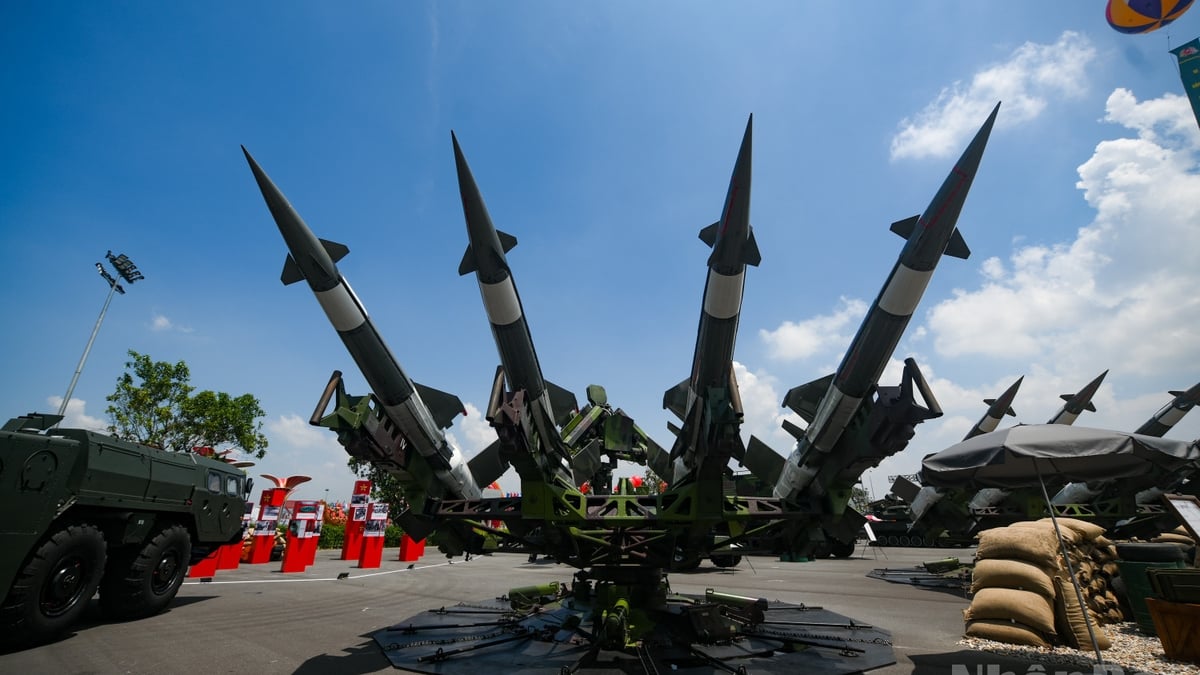
![[Photo] Hanoi is ready to serve the occasion of the 80th National Day Celebration on September 2nd](https://vphoto.vietnam.vn/thumb/1200x675/vietnam/resource/IMAGE/2025/8/29/c838ac82931a4ab9ba58119b5e2c5ffe)



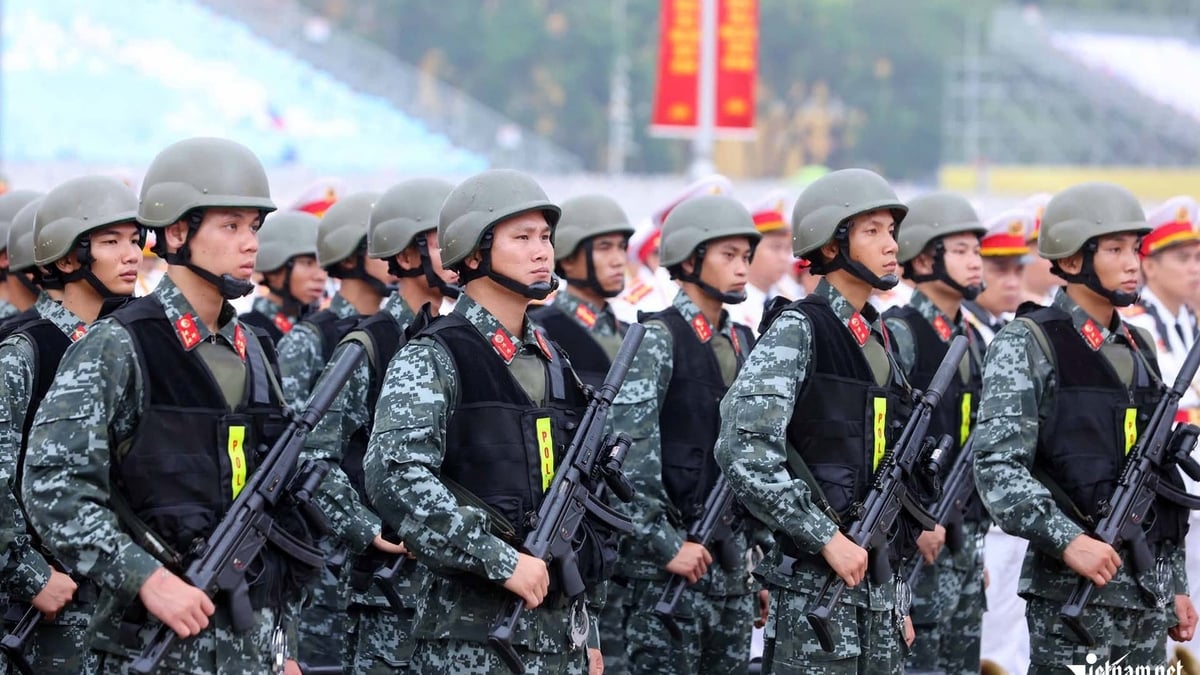

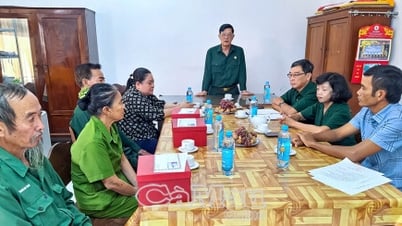
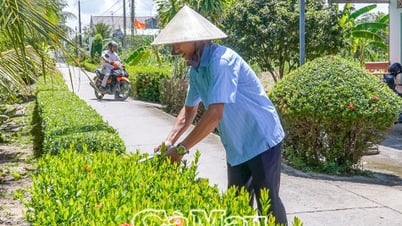
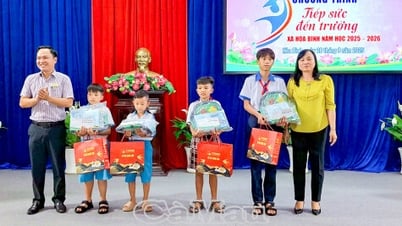
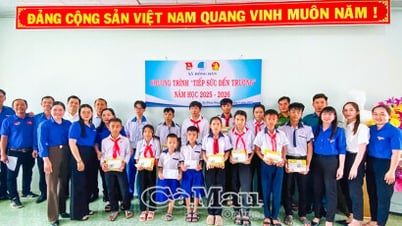


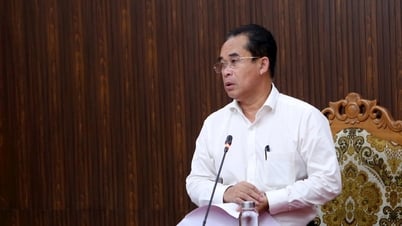

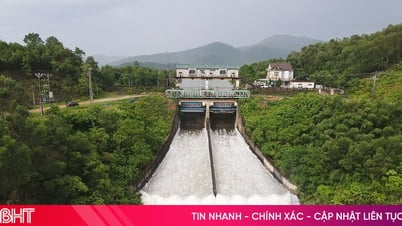



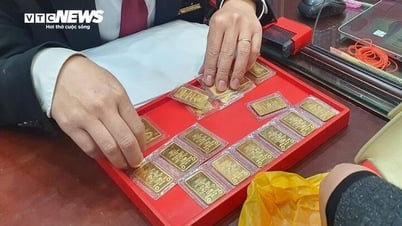

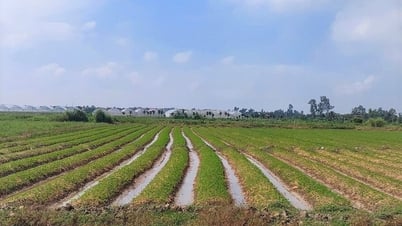





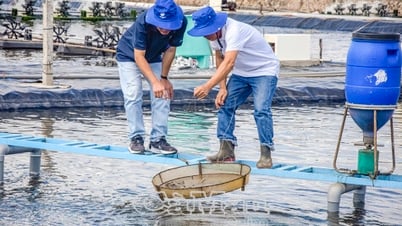
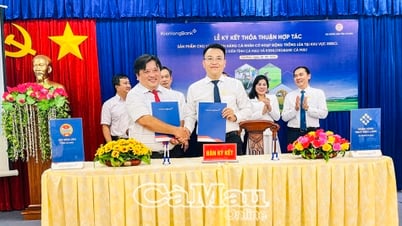
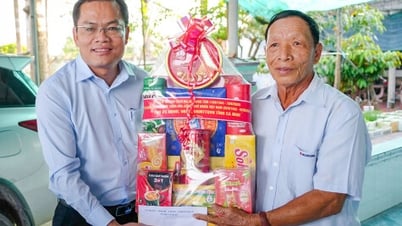

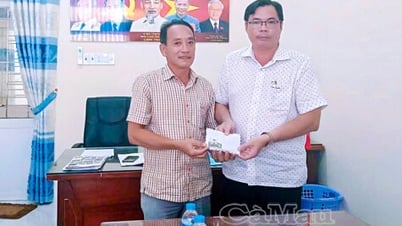
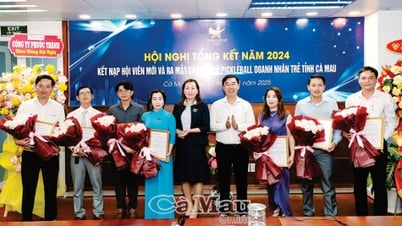




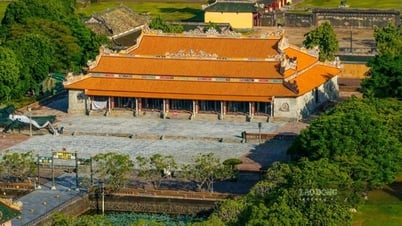







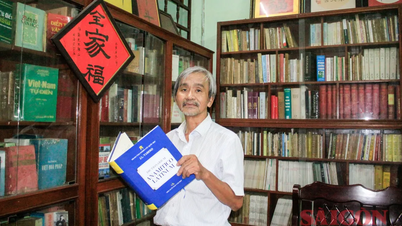














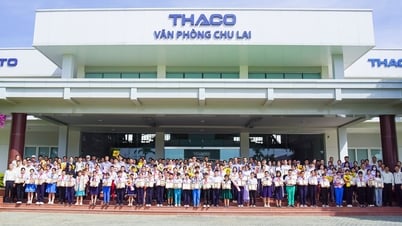


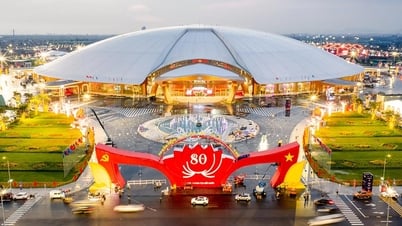



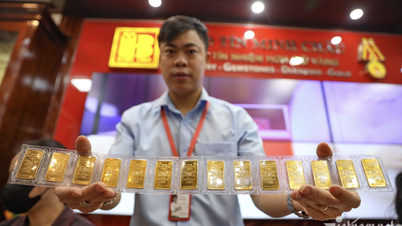





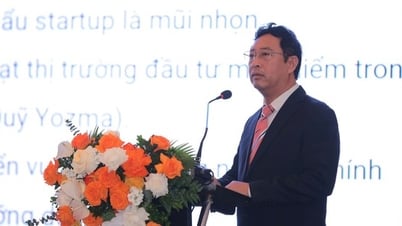
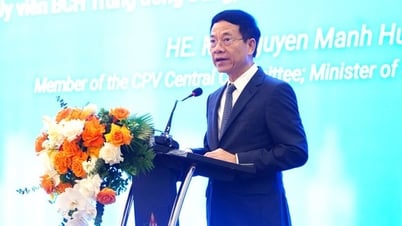



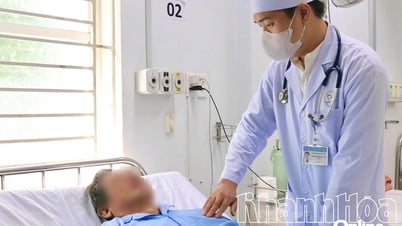


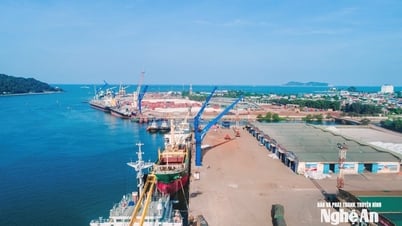

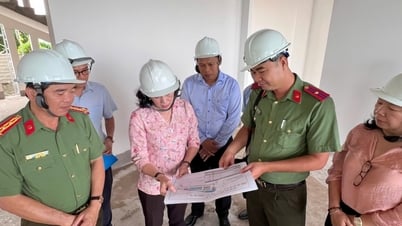





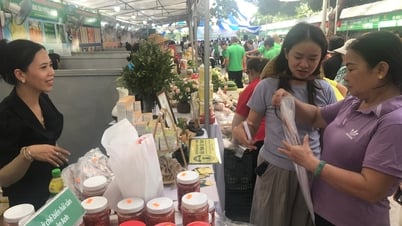





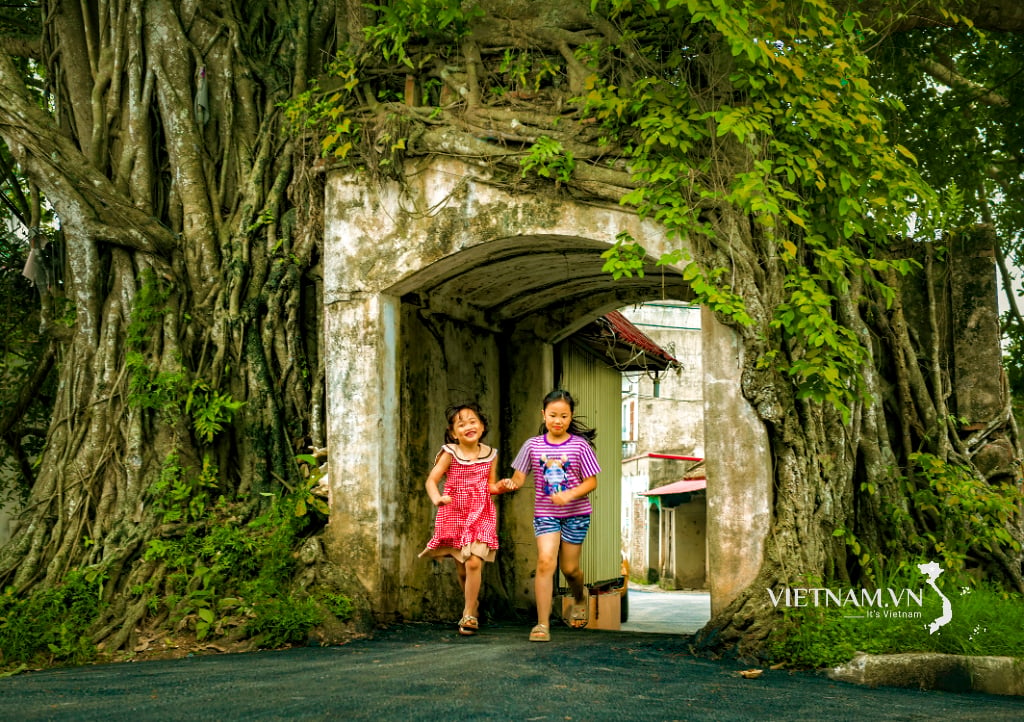
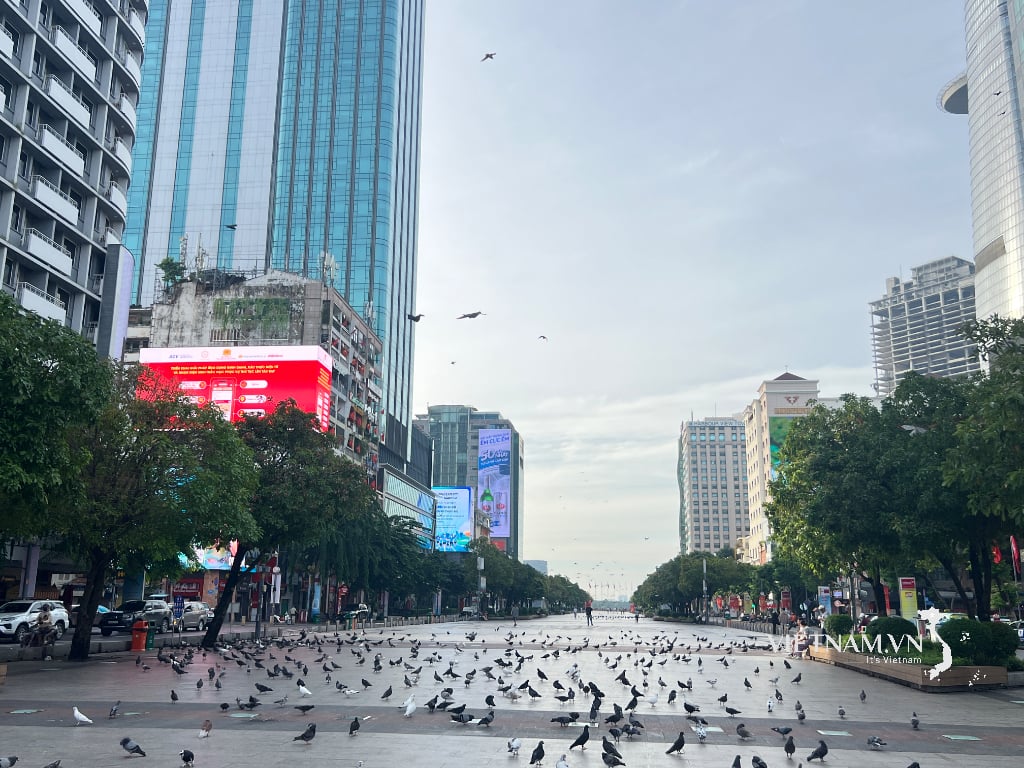
Comment (0)